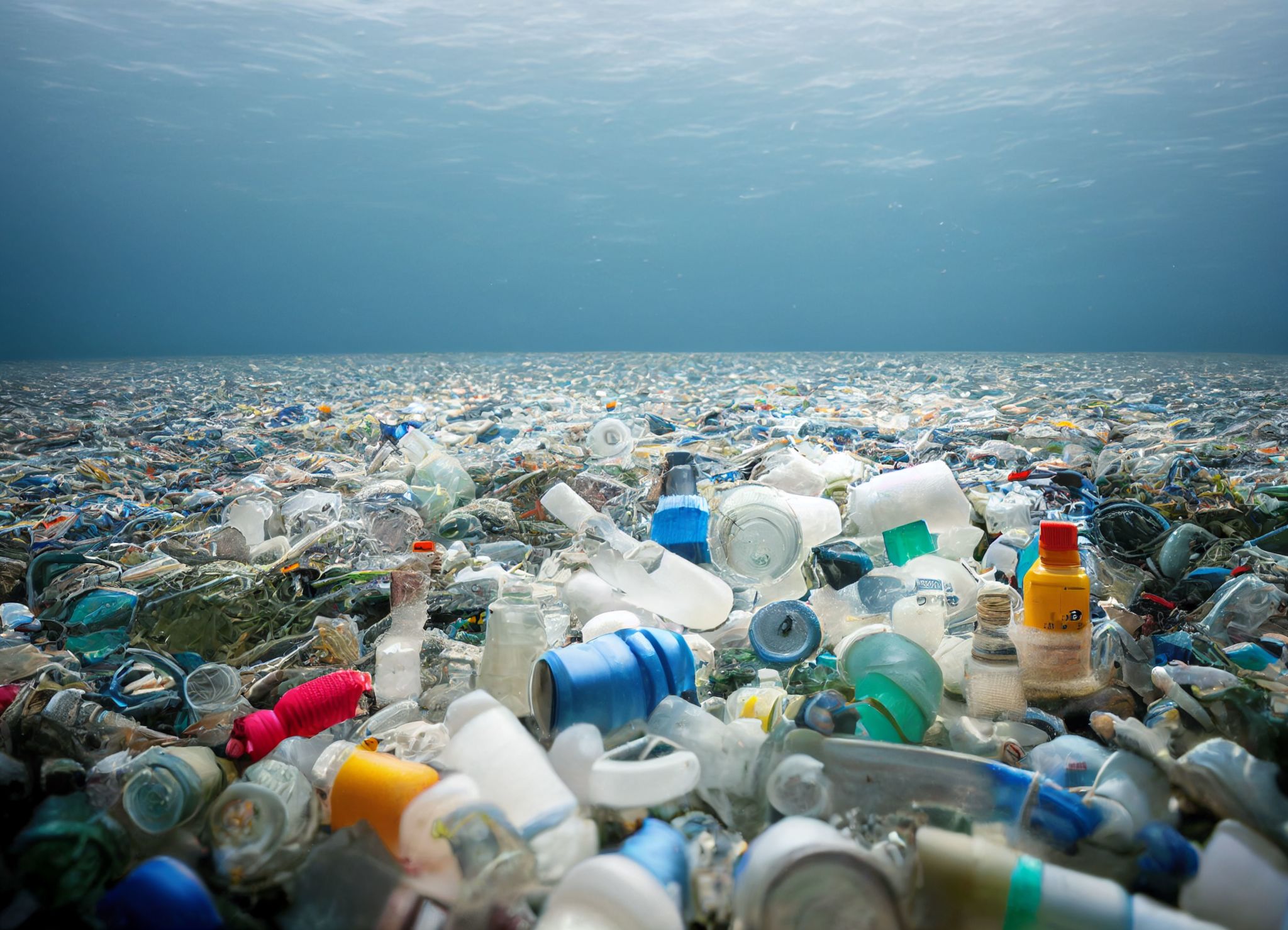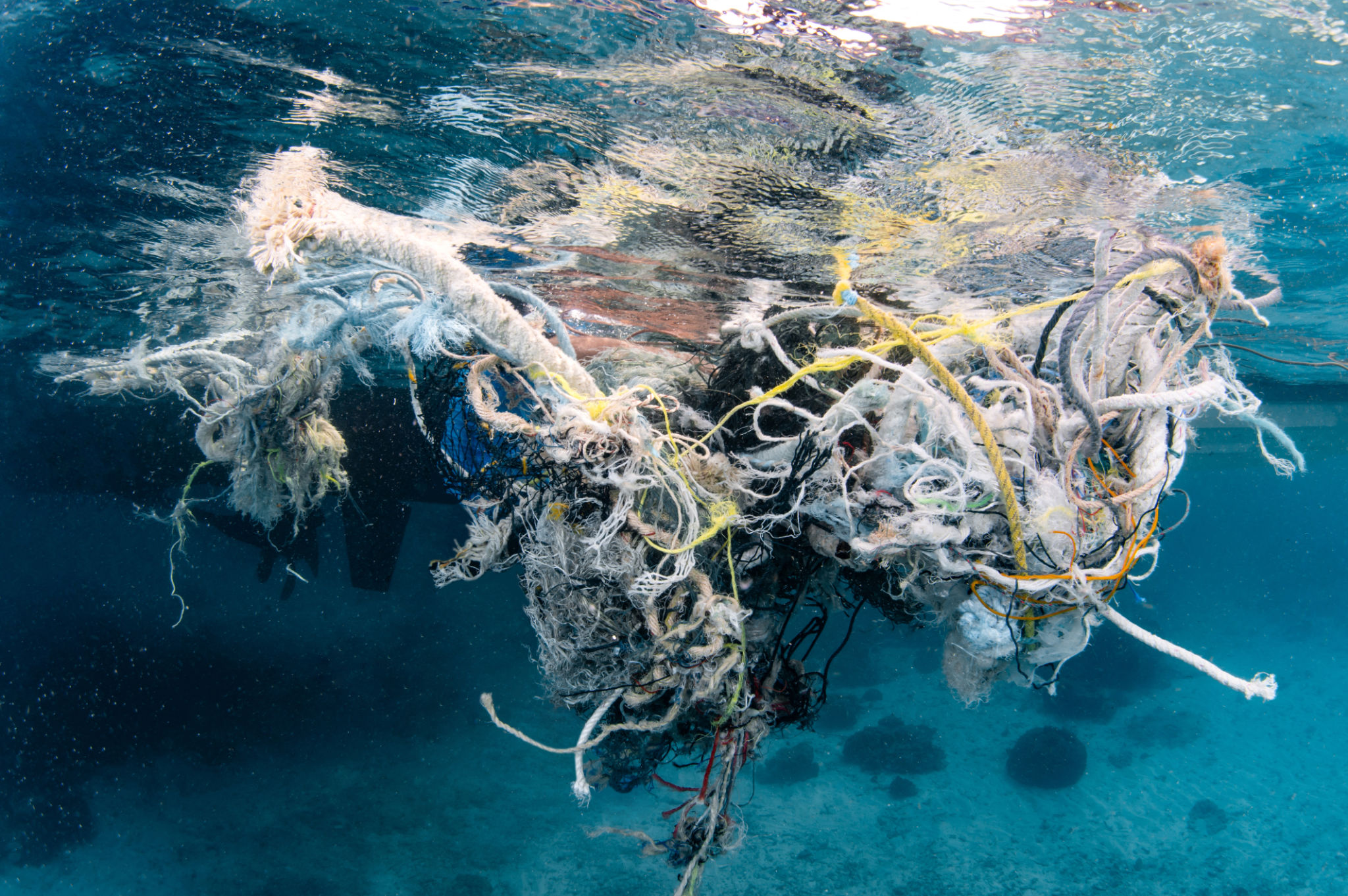Dispelling Myths About Ocean Pollution: Facts for Ghanaians
Understanding Ocean Pollution
Ocean pollution is a pressing environmental issue that affects marine life and human populations globally. However, several myths and misconceptions about ocean pollution persist, particularly in Ghana. Understanding the facts is crucial for addressing this problem effectively.

Myth 1: Ocean Pollution Only Comes from Big Industries
It is a common belief that ocean pollution is solely caused by large industries dumping waste into the sea. While industrial waste is a significant contributor, it is not the only source. Household waste, agricultural runoff, and plastics from everyday use also play a substantial role in polluting our oceans.
In Ghana, improper waste disposal and inadequate waste management systems contribute to the accumulation of debris in waterways, which eventually ends up in the ocean. It's vital to recognize that every individual has a part to play in reducing pollution.
Myth 2: Plastic is the Only Problem
Another widespread misconception is that plastic is the only form of pollution affecting oceans. While plastic pollution is indeed a major issue, it is not the only one. Other pollutants such as oil spills, chemical runoff from agriculture, and untreated sewage also significantly harm marine ecosystems.

Myth 3: Ocean Pollution Does Not Affect Humans
Some people believe that ocean pollution only impacts marine life and not humans. This is far from the truth. Polluted oceans affect the seafood we consume, compromising food safety and human health. Contaminants can enter the food chain through fish and shellfish, posing risks to those who eat them.
Furthermore, ocean pollution can lead to the degradation of coastal environments, affecting tourism and livelihoods in Ghanaian coastal communities. Thus, addressing ocean pollution is not just an environmental issue but also an economic and public health concern.
Myth 4: Cleaning Up the Ocean is Futile
The belief that cleaning up the ocean is a futile effort can discourage action. However, numerous initiatives around the world have shown that cleanup efforts can make a difference. Community-based projects and international collaborations have successfully reduced pollution levels in various regions.

The Role of Education and Awareness
Education plays a crucial role in dispelling myths and promoting effective solutions for ocean pollution. Raising awareness about the various sources of pollution and their impacts can empower individuals and communities to take action.
In Ghana, educational campaigns focused on sustainable waste management and reducing plastic use can help mitigate pollution. Simple actions like proper waste disposal and choosing reusable products contribute significantly to reducing ocean pollution.
Conclusion: Taking Action
Dispelling myths about ocean pollution is essential for fostering informed action. By understanding the true sources and effects of pollution, Ghanaians can engage more effectively in initiatives to protect our oceans.
Collective efforts from individuals, communities, and government bodies are necessary to tackle this issue. With increased awareness and proactive measures, we can preserve our oceans for future generations.